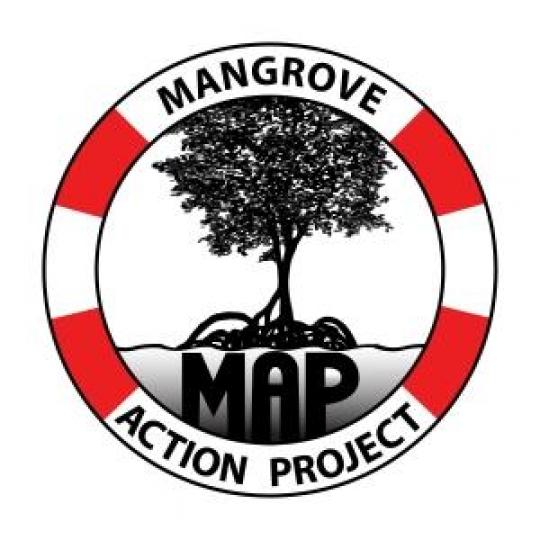

Who We Are
MAP's mission is to partner with mangrove forest communities, grassroots NGOs, researchers, and local governments to conserve and restore mangrove forests and related coastal ecosystems, while promoting community-based sustainable management of coastal resources. Witnessing firsthand the rapid devastation of the world?s mangrove forest wetlands and their associated coastal ecosystems, the founders of the Mangrove Action Project (MAP) decided in 1992 that it was time to form a global network to address the problems of mangrove loss worldwide. From the beginning, we focused on problems affecting both coastal ecology and local communities. We became whistleblowers against the shrimp aquaculture industry, spotlighting its destructive expansion, responsible for hundreds of thousands of hectares of mangrove loss and ruin of valuable coastal zones. MAP has grown steadily during the last 20 years to become a respected member of the global environmental movement. MAP?s international network has grown to include over 500 NGOs and 350 scientists and academics from over 60 nations. In recent years, MAP has transformed from a network-and advocacy focused organization into one still involved in advocacy, but with programs and activities on the ground, supported through local offices in Thailand and Indonesia, as well as close partner groups in S. Asia, Latin America and S. Africa.
What We Do
Mangroves are vital for healthy coastal ecosystems in many regions of the world and research and studies are revealing the unique importance of these habitats to the planet. The Mangrove Action Project is dedicated to reversing the degradation and loss of mangrove forest wetlands and their associated coastal ecosystems worldwide. Its main goal is to promote the rights of traditional and indigenous coastal peoples, including fishers and farmers, to sustainably manage their coastal environs. At the same time MAP strives to use the formal education process to introduce mangrove ecology on a scientific and social level to students in their classrooms. MAP?s pro-active approach to long-term mangrove conservation involves: education, advocacy, collaboration, conservation and restoration, as well as sustainable community-based development.
Details
| (206) 207-2022 | |
| seattle@mangroveactionproject.org | |
| Dylan Skeffington | |
| Co-Executive Director | |
| http://www.mangroveactionproject.org |


